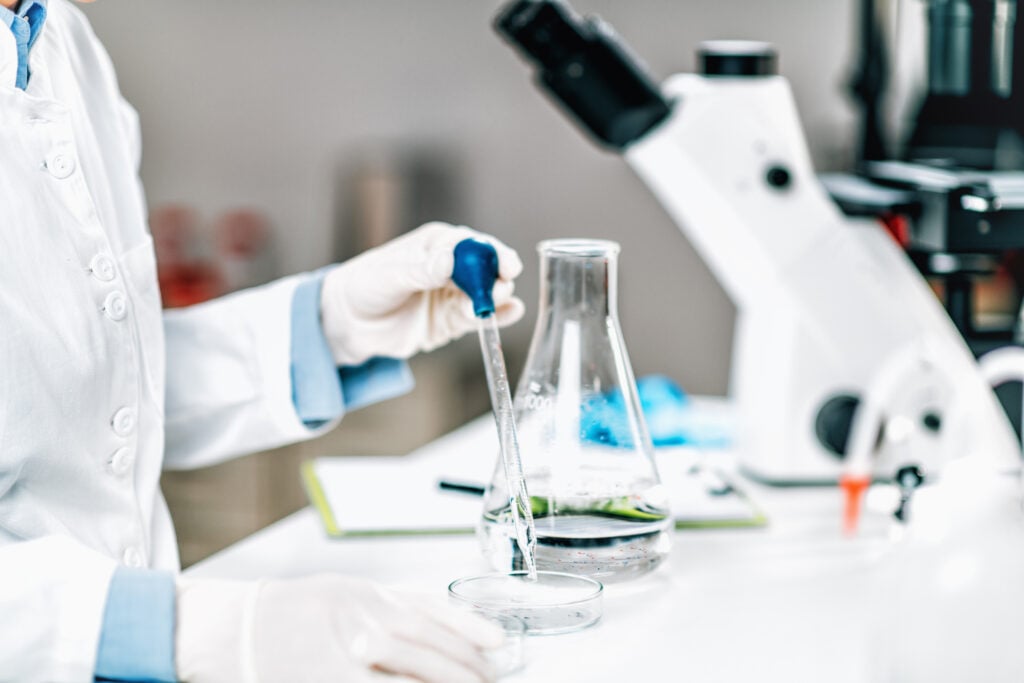Ever wondered what happens to your well water sample once it reaches the lab? Understanding the science behind well water analysis can help you make more informed decisions about water safety and quality. In this article, we’ll explore the laboratory techniques used to analyze private well water and why accurate testing is crucial for maintaining a safe water supply.
Why Accuracy Matters in Well Water Testing
When it comes to private well water, accurate testing is essential for detecting harmful contaminants. Even trace amounts of certain chemicals, bacteria, or heavy metals can pose serious health risks. This is why well water testing relies on sophisticated laboratory science to ensure precision and reliability.
Key Laboratory Techniques Used in Well Water Analysis
Water testing labs use advanced methods to analyze a wide range of contaminants. Here are some of the most common techniques:
- Spectrophotometry: Used to measure chemical concentrations by analyzing light absorption. This is particularly useful for detecting minerals like iron and manganese.
- Chromatography: Separates complex mixtures to identify organic compounds, such as pesticides or volatile organic compounds (VOCs).
- Microbiological Testing: Detects harmful bacteria and microorganisms, including E. coli and coliform bacteria, which are indicators of fecal contamination.
- Mass Spectrometry: Provides highly accurate measurements for trace elements and heavy metals like lead, arsenic, and mercury.
The Importance of Precision and Reproducibility
Accuracy alone isn’t enough. Reliable well water testing also depends on precision (getting consistent results) and reproducibility (achieving the same outcome across different labs or testing sessions). Labs achieve this by using:
- Standardized Procedures: Following strict protocols to ensure consistency.
- Quality Control Samples: Running known samples alongside your water to verify accuracy.
- Calibrated Equipment: Using regularly maintained and calibrated testing instruments.
Why Choose a Certified Laboratory?
Not all labs are created equal. Choosing a certified water testing laboratory ensures that rigorous standards are followed. Certified labs must meet federal and state guidelines, undergo routine inspections, and participate in proficiency testing programs.
Conclusion
Well water testing is a complex scientific process that involves advanced laboratory techniques to ensure accurate and reliable results. Understanding these methods helps you make informed decisions about water safety and quality for your household.
Learn more about water testing services today.

